
Instagram stands as a pivotal social media platform to promote getting human papillomavirus (HPV) vaccinations, and organizations and individuals looking to do so should aim for creating more story-driven posts, according to the findings of a new study published in Health Education & Behavior.
“With its growing popularity, inclusion of image and text, and user-friendly interface, Instagram is uniquely positioned for exploring health behaviors and sources and types of informational exposure related to the (HPV) vaccine,” the researchers wrote in their abstract.
In this study, the researchers utilized Netlytic to collect 3,378 publicly available English-language posts using the search terms “#HPV,” “#HPVVaccine,” and “#Gardasil.” They then randomly selected 1,200 posts to content analyze before ending up with a sample comprised of 360 posts after exclusion.
The Narrative is Key
According to the results of the study, pro-vaccine posts were more prevalent on Instagram, however anti-vaccine posts had higher engagement rate and typically included misleading information about the HPV vaccine. The researchers observed that narratives skewed toward anti-vaccine sentiments were mostly produced by individual users. Pro-vaccine narratives tended to portray individuals who received the vaccine, but provided limited details on vaccine experiences, which the researchers noted was in stark contrast with the depth of details in anti-vaccine personal narrative posts.
These results build upon the findings of a study published in 2018 which offered insights on how and when health professionals discuss the HPV vaccine on Twitter. The researchers are now embarking on NIH-funded study to elucidate those findings and will specifically focus the effectiveness of narrative- versus non-narrative-focused tweets.
"Trying to help parents decide to #vaccinate kids against HPV? Consider storytelling" https://t.co/zqE9E7lX49 via @DrexelNews
Study: "anti-vaccine messages – the majority of which featured a narrative structure – experienced much higher engagement, including more 'likes'".
— Timothy Caulfield (@CaulfieldTim) November 19, 2019
“In recent years, we’re seeing a resurgence of misleading anti-vaccination messages and related misinformation spreading through social media,” said senior author Philip M. Massey, PhD, an associate professor of community health and prevention in the Dornsife School of Public Health in a press release. “By studying what makes these messages so effective online, we can improve fact-based, pro-vaccination messaging aimed at improving public health.”
Trying to help parents decide to vaccinate kids against HPV? Consider storytelling #contentmarketing #publichealth https://t.co/G9ao2t327z pic.twitter.com/paAFdmtsDP
— jenni beattie (@jennibeattie) November 20, 2019
Trying to help parents decide to vaccinate kids against HPV? Consider storytelling https://t.co/Cu0buGz8zn via @medical_xpress
— BIOCIENCIA (@BIOCIENCIA2013) November 19, 2019

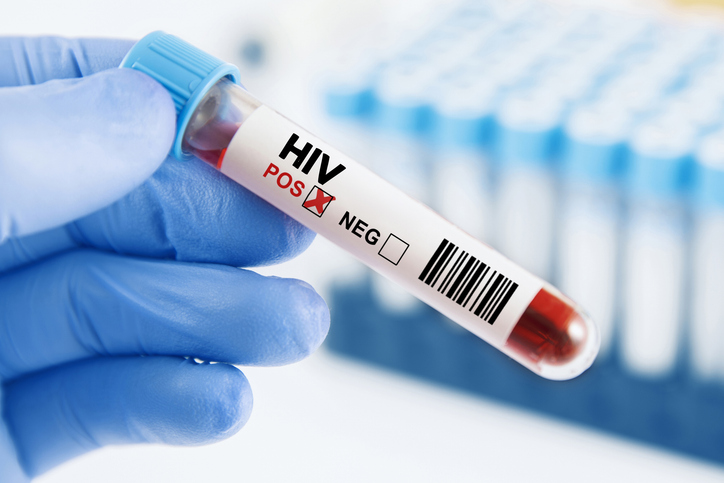
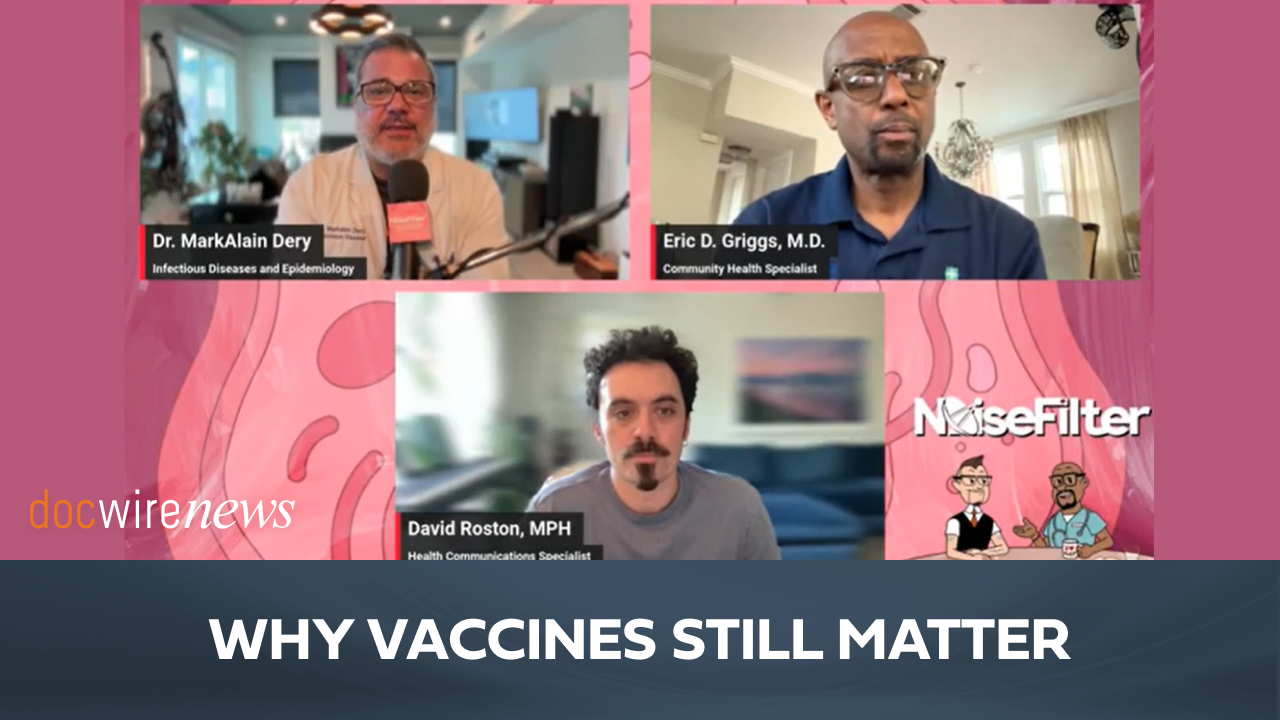
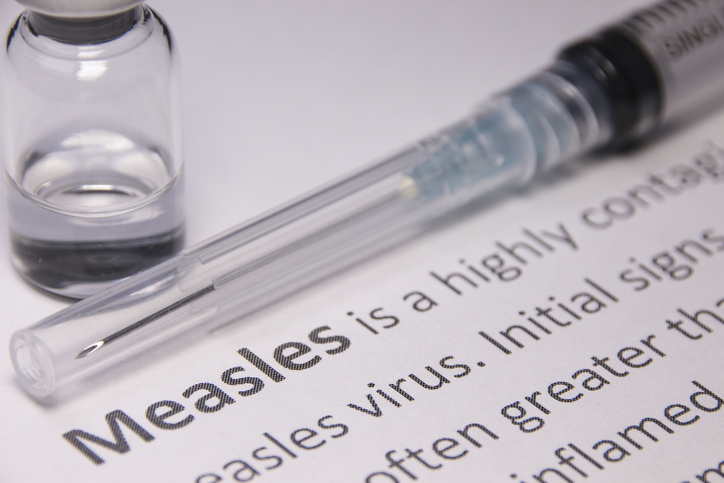
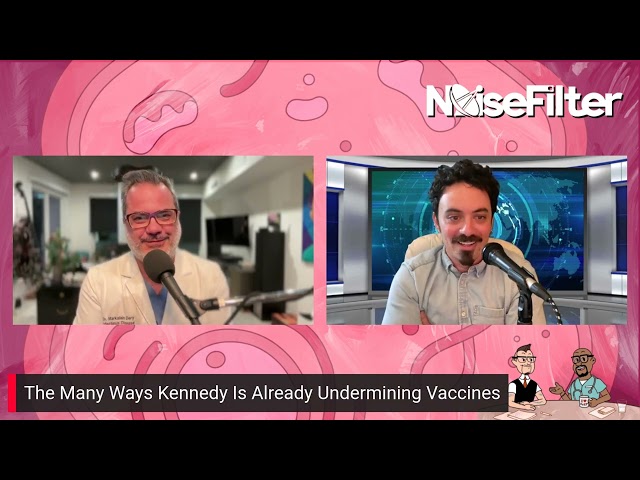
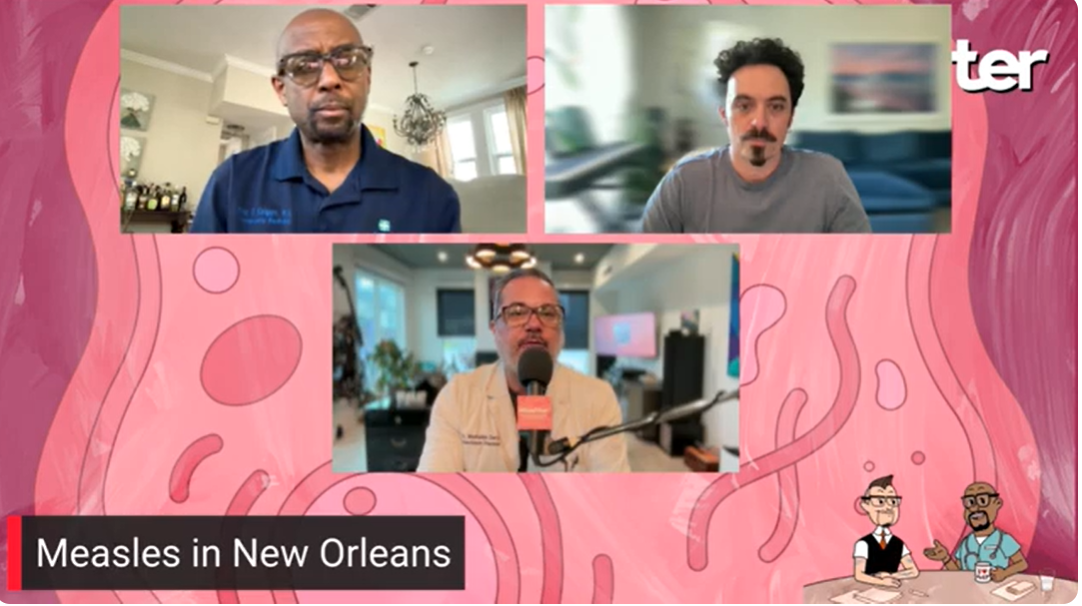

 © 2025 Mashup Media, LLC, a Formedics Property. All Rights Reserved.
© 2025 Mashup Media, LLC, a Formedics Property. All Rights Reserved.